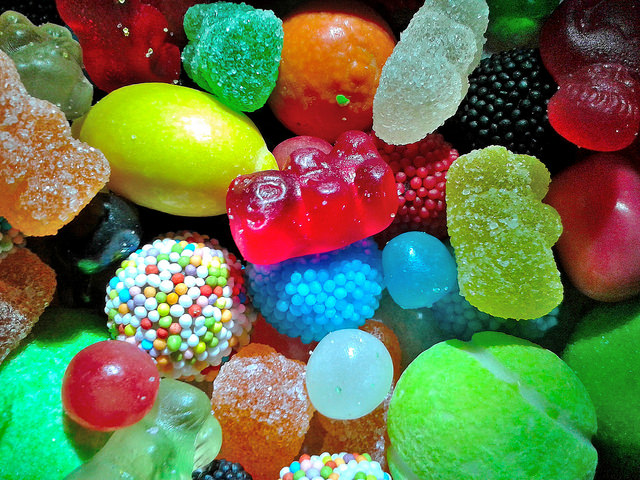Sleep-Deprivation Can Give You The Munchies, New Study Says
By Mae Rice in News on Mar 3, 2016 9:55PM
The munchies are most commonly associated with stoners covered head to toe in Cheeto dust, but soon, compulsive snacking could also be associated with Cheeto-dust-covered tired people.
A new study from an international team—including several University of Chicago researchers—suggests that sleep-deprivation can make you “less able to inhibit intake of palatable snacks,” much like a (totally legal) bong rip.
Published in the the journal SLEEP, the study is impenetrably titled “Sleep Restriction Enhances the Daily Rhythm of Circulating Levels of Endocannabinoid 2-Arachidonoylglycerol.” Erin Hanlon, a University of Chicago research associate in endocrinology, diabetes and metabolism (and a paper co-author), broke down what that means to UChicagoNews.
“We found that sleep restriction boosts a signal that may increase the hedonic aspect of food intake, the pleasure and satisfaction gained from eating,” she said. “Sleep restriction seems to augment the endocannabinoid system, the same system targeted by the active ingredient of marijuana, to enhance the desire for food intake.”
It’s a fun science fact, but it has serious public health implications. Sleep deprivation is much more common than being high; 40 percent of American adults, according to the Center for Disease Control and Prevention, sleep less than six hours a night. This study suggests that this sleep-deprived swathe of the U.S. population is at a higher risk for obesity.
Here’s how it worked, as UChicagoNews explained: The researchers found 14 participants, all of them healthy and in their late 20s, and tested their ability to turn down unhealthy but excellent snacks (cookies, candy) two hours after a meal that fulfilled 90 percent of their daily caloric needs.
(For context: That’s a hearty meal.)
They tested each participant under two circumstances: once after four days averaging 7.5 hours of sleep a night, and again after four days where they averaged 4.2 hours of sleep a night.
In their more sleep-deprived state, participants were much more likely to succumb to snacking—especially in the afternoon and evening.
